532 Community, Teaching, plus Updates
#RealisticRegenAg | This past month, the seasonal demands overwhelmed me, so I decided to hit the reset button and start fresh for September. I'm sure you can relate. Let me know how you deal with overwhelm by sharing this episode with your thoughts or commenting on one of my posts. I’ll update you on all things that are going on and give you a summary of the content from this past month. Stay tuned.
Welcome to Plants Dig Soil, a podcast about #RealisticRegenAg. I’m your host, Scott Gillespie, and I’m an agronomist from the western Canadian prairies specializing in climate-smart agriculture. I discuss scientifically proven practices that benefit the planet and, just as importantly, farmers' economic sustainability. Be sure to visit my website, www.plantsdigsoil.com, for resources and information about the services I offer.
Community Survey:
https://us17.list-manage.com/survey?u=875b5f3fc9fdab835b8659fc4&id=aa960c779e
Transcript is available:
https://www.plantsdigsoil.com/podcast/community-teaching-updates
My course: Profitable From the Start: Cover Crops for the Prairies:
https://plantsdigsoil.thinkific.com/courses/cover-crops-prairies
My funding service offerings:
https://www.plantsdigsoil.com/pricing/#paperwork
SCAP overview: https://youtu.be/0icitHJR2lk
SCAP program details https://www.alberta.ca/sustainable-cap.aspx
My consulting packages:
https://www.plantsdigsoil.com/pricing/#consulting
Newsletter signup:
https://mailchi.mp/plantsdigsoil/newsletter
https://www.linkedin.com/newsletters/6944029544697802752
Email: scott@plantsdigsoil.com
X (aka Twitter) (Scott): https://twitter.com/scottcgillespie
X (aka Twitter) (Company): https://twitter.com/PlantsDigSoil
LinkedIn (Scott): https://www.linkedin.com/in/scottcgillespie/
LinkedIn (Company): https://www.linkedin.com/company/plants-dig-soil
YouTube: (Company): https://www.youtube.com/@scottcgillespie
Podcast Subscription Apps: https://podcasters.spotify.com/pod/show/scottcgillespie
What's interesting is that when I uploaded a YouTube short explaining my situation, I received the highest number of views ever for one of my videos. Maybe it was the topic? Perhaps I should explore more short-form content? Look out for a new one on Monday. I'm trying something new.
The only new content this month was my regenerative agriculture news episode. In it, I covered Transformational Agronomy along with many other articles from the past month. I’ll give you a summary of it a little later in this episode. You can also read, listen, or watch it on my website by going to the link in the description.
A few other updates:
I didn't secure the position on the CCA board this time. However, I'm pleased with the person who did, as we've met at many industry events. I'll try again in three years.
The issue of news-blocking continues. It truly underscores the need to be cautious about giving too much power to large companies. People from Yellowknife, NWT were frustrated about the difficulty of disseminating fire information, mainly due to their heavy reliance on Facebook. Interestingly, they began sharing screenshots of the news!
I'm back to teaching this fall at Lethbridge College. I love helping people learn new skills, so this is right up my alley. I'm teaching precision agriculture to both diploma and degree students. You might think this doesn't align with my usual regenerative focus, but in many ways, it does. There are plenty of products out there with solutions looking for problems. Many of the same critical thinking skills can be applied when evaluating new technology.
I haven't given up on the idea of creating a community where things can be more interactive. Please share your thoughts by using the survey link in the description.
Thank you for your continued support. If you’d like to get an email once a month, use the Mailchimp link to be added to my newsletter. If you’re on LinkedIn and want a notification when I publish my newsletter, follow the link in the description of this episode. Also, if you’re not already subscribed on your podcast player or YouTube, use the links in the description or open your app right now to subscribe.
Transformational Agronomy
1. Embracing Incremental Progress: Is slow, steady progress more effective than grand schemes? An article suggests that focusing on practical, incremental steps towards our goals might be the way forward.
2. Sustainability Challenges: Farmers often face barriers in achieving sustainability goals due to vague criteria and a lack of government support. Collaboration between government, industry, and farmers is essential for success.
3. Practical Agronomy: Farmer Rob Van Roessel's approach to maintaining healthy potato fields through extended crop rotations illustrates the power of slow, methodical progress.
4. Grasslands Conservation: Protecting grasslands can help mitigate carbon emissions, and recognizing the value of natural spaces is crucial in this effort.
5. Fenceline Benefits: Leaving buffer zones between roads and fields can absorb excess nutrients, support pollinators, and benefit the environment.
6. Mycorrhizal Fungi: While mycorrhizal fungi offer many benefits, commercial inoculants might hurt yield. Caution and testing are advised.
7. Soil Carbon Measurement: Remote sensors may not yet be capable of accurately measuring soil carbon levels, highlighting the need for caution in this area.
8. EU Soil Health Law: The EU is considering legislation to boost soil health, with some major companies advocating for even stronger measures.
S-CAP = Sustainable Canadian Agricultural Partnership
Many things are covered but the highlights are:
· New technology, farm security, grain handling
· Buying new or upgrading existing centre pivots,
· Installing drip irrigation
· Digging a well, developing water supplies for crops or livestock, decommissioning old wells
· Developing a food safety plan or upgrading existing ones, developing new products or markets
· Fencing in riparian areas, adding fencing (perimeter and internal)
· Increasing legumes or establishing native or tame forages
· Adding in shelterbelts, eco-buffers, and pollinator strips,
· Intercropping annuals for grain harvest
· Cocktail cover crops for green manure or forage
· Establishing or enhancing wetlands.
My fees can usually be included in the funding.
Check the links in the description for a YouTube explainer video and the program details.
Profitable From the Start: Cover Crops for the Prairies
A review from the site by Kelsey Woloschuk:
The title is straight forward and self-explanatory of what the course is about. The title is what caught my attention and made me want to learn how and why cover crops are profitable in the long and short term.
The text, slides, speaking, and information were all well thought out and easy to understand. It was nice to have the course split up into five modules to explain cover crops, how to manage/seed cover crops, their importance for the soil, and can increase profits. I appreciate that there are documents for us to use to create our own cover crop plans and that it got broken up to explain short-, medium-, and long-term plans. I do wish there were a few examples with different mixes and varieties and species of cover crops and cash crops that can be inter-seeded or relay seeded together. It would be nice to have a chart outlining what cover crops are suited for certain environmental/soil conditions and match up well with cash crops. Otherwise, I think the course was very well done and I have gained knowledge and skills on the benefits of cash crops and how to implement them in farm practices.
The link for the course is in the episode notes.
Consulting Packages
Pricing reflects the independent structure of the business. You pay for the advice and that’s it. I do not sell any products. I will recommend them where I see fit but I make no money from your use of anything I recommend.
We can work remotely or in-person, or a combination of the two. You are not tied to long term commitments. I give you everything and you are free to implement on your own or with another company. Of course, I always love to work with people over the long term.
Send me a message on my website using the link in the description.
I’ll talk to you again next week.


